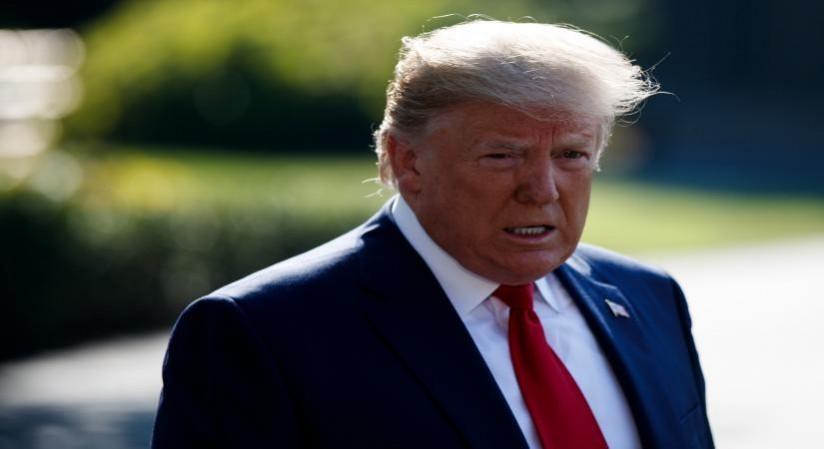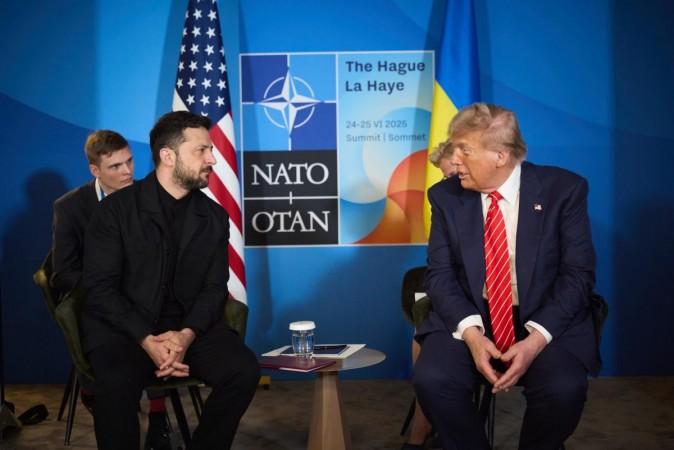
India is currently navigating a complex trade environment following the United States' decision to increase tariffs on Indian goods. The US has imposed an additional 25% tariff, raising the total to 50%, which significantly impacts India's Micro, Small, and Medium Enterprises (MSMEs). These enterprises are crucial to India's economy, contributing around 45% of the country's total exports. The increased tariffs necessitate a strategic response from India to mitigate potential economic setbacks.
A report by Crisil Intelligence suggests that India can counter these challenges by expanding its export markets and leveraging the benefits of the recently concluded free trade agreement (FTA) with the United Kingdom. Additionally, a potential trade deal with the European Union could further bolster India's trade prospects. The India-UK FTA is particularly advantageous for MSMEs in sectors like textiles, gems and jewellery, seafood, leather, and pharmaceuticals. Elizabeth Master, Associate Director at Crisil Intelligence, highlights that this agreement could enhance MSME competitiveness against countries such as Bangladesh and Turkey, while providing an edge over China and Vietnam in the readymade garments sector.
The textiles, gems and jewellery, and seafood industries, which collectively account for a significant portion of India's exports to the US, are expected to be most affected by the tariffs. MSMEs dominate these sectors, holding over 70% market share, making them particularly vulnerable. The chemicals sector, where MSMEs have a 40% share, is also likely to face challenges. Pushan Sharma, Director at Crisil Intelligence, notes that the increased tariffs will pressure MSMEs, squeezing their already-slim margins and challenging their competitiveness.
Strategic Trade Partnerships and Sectoral Impact
In the gems and jewellery sector, MSMEs in Surat, which dominate diamond exports with over 80% share, are expected to feel the tariff shock acutely. However, some sectors remain relatively unscathed for now. Pharmaceutical products, which comprise a 12% share in exports to the US, are currently exempt from tariffs. Similarly, in the steel industry, the impact of US tariffs is expected to be negligible for MSMEs, as they primarily engage in re-rolling and producing long products, while the US mainly imports flat products from India. The US accounts for only 1% of India's steel exports, further minimizing the impact on this sector.

The broader context of US tariffs on India is intertwined with geopolitical dynamics, particularly concerning India's energy trade with Russia. The US has expressed concerns over India's purchase of Russian oil, which has led to the imposition of additional tariffs. This move is seen as part of a broader strategy by the US to exert pressure on India to align with its geopolitical stance, particularly in relation to the ongoing conflict in Ukraine. India's ambassador to the United States, Vinay Mohan Kwatra, recently engaged in discussions with US Senator Lindsey Graham, emphasizing India's perspective on energy security and the importance of increasing energy trade with the US.
The imposition of tariffs has sparked a broader debate within India about its economic destiny and global positioning. Deepinder Goyal, co-founder of Zomato, articulated a sentiment that resonates with many in India, stating, "Every few years, the world reminds us of our place. A threat here, a tariff there. But the message is the same: stay in your lane, India." Goyal's call for India to assert itself as a global superpower in economy, technology, defense, and ambition reflects a growing desire for India to chart its own course on the world stage.
Textile Sector Challenges
The textile sector, a major contributor to India's exports, is particularly vulnerable to the impact of US tariffs. Major textile and garment hubs like Tirupur, Coimbatore, and Karur, which collectively employ over 1.25 million workers and export an estimated Rs 45,000 crore worth of garments annually, are experiencing significant disruptions. K. Selvaraju, secretary general of the Southern India Mills' Association, highlights that buyers are deferring or holding off on summer bookings for products like bed linens and towels. The tariffs compound existing challenges for the industry, such as an 11% import duty on cotton and an inverted GST duty structure that adds an additional 6-7% to export costs, further hurting competitiveness.
Industry leaders warn that without a resolution, the crisis could lead to job losses for 100,000–200,000 workers in the region over the coming months. While some larger branded buyers may remain due to India's social compliance and operating protocols, the industry is expected to "bleed for some time," according to industry experts. Major Indian textile companies are now exploring alternatives, with Gokaldas Exports, which counts GAP, Walmart, and JCPenney among its clients, discussing options to utilize production capacity in regions with lower tariffs.
The geopolitical implications of US tariffs extend beyond trade, as they intersect with broader strategic interests. India's Prime Minister Narendra Modi has conveyed a message of resilience and readiness to face the challenges posed by these tariffs. Modi's comments suggest a defiance in the face of these measures, despite the leaders' previous warm ties. The ongoing discussions between India and the US, including a scheduled visit by a US team for the sixth round of negotiations for the proposed bilateral trade agreement, underscore the complexity of the situation.














